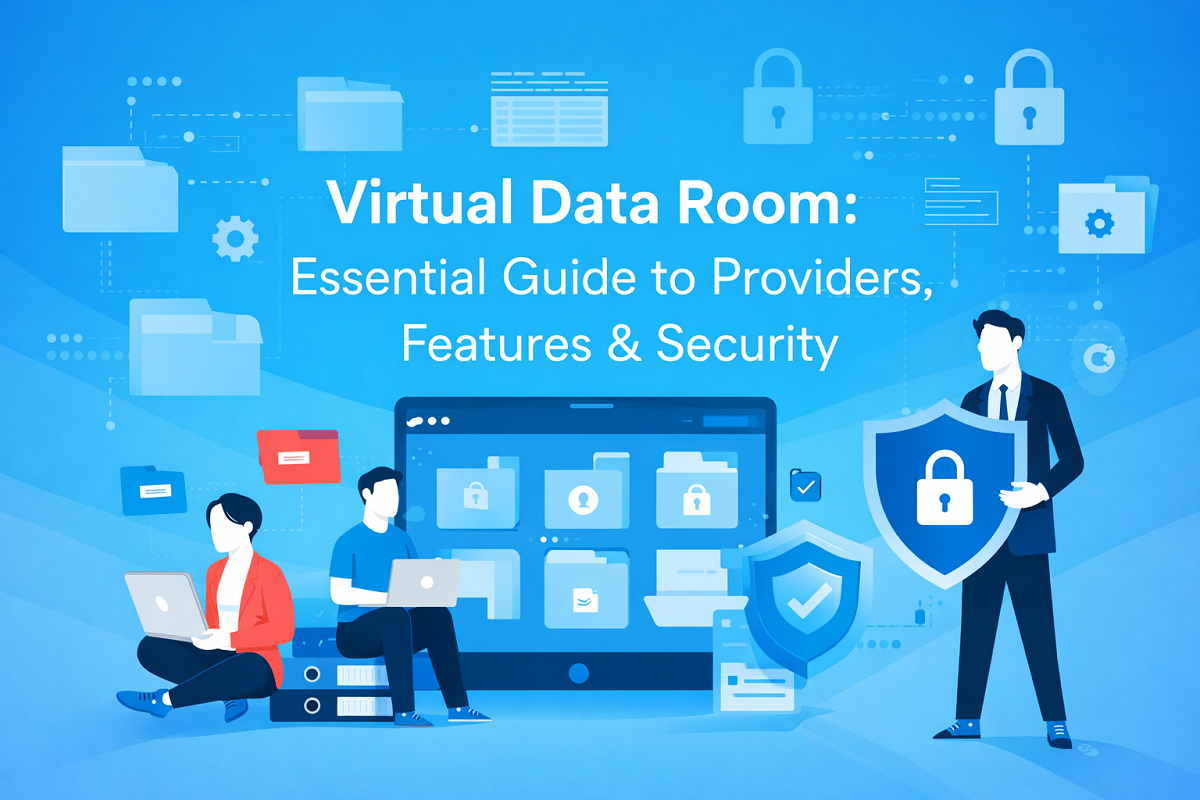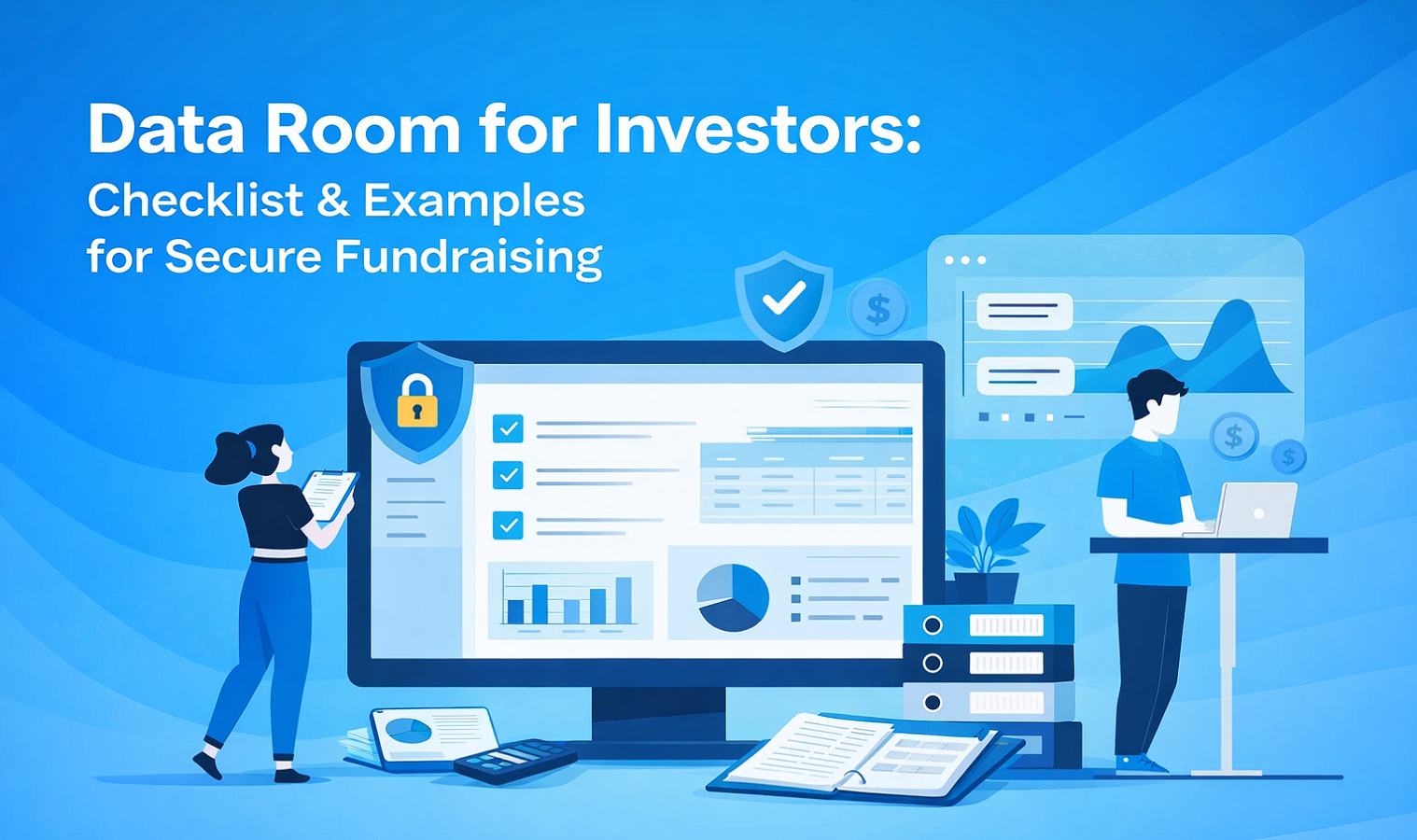Blog - Guides, Reports and Best Practices
Thank you! Your submission has been received!
Oops! Something went wrong while submitting the form.
Ready to get started?
Try us free for 14 days - no salesperson required! Your virtual data room will be available immediately.





.png)






.jpg)







